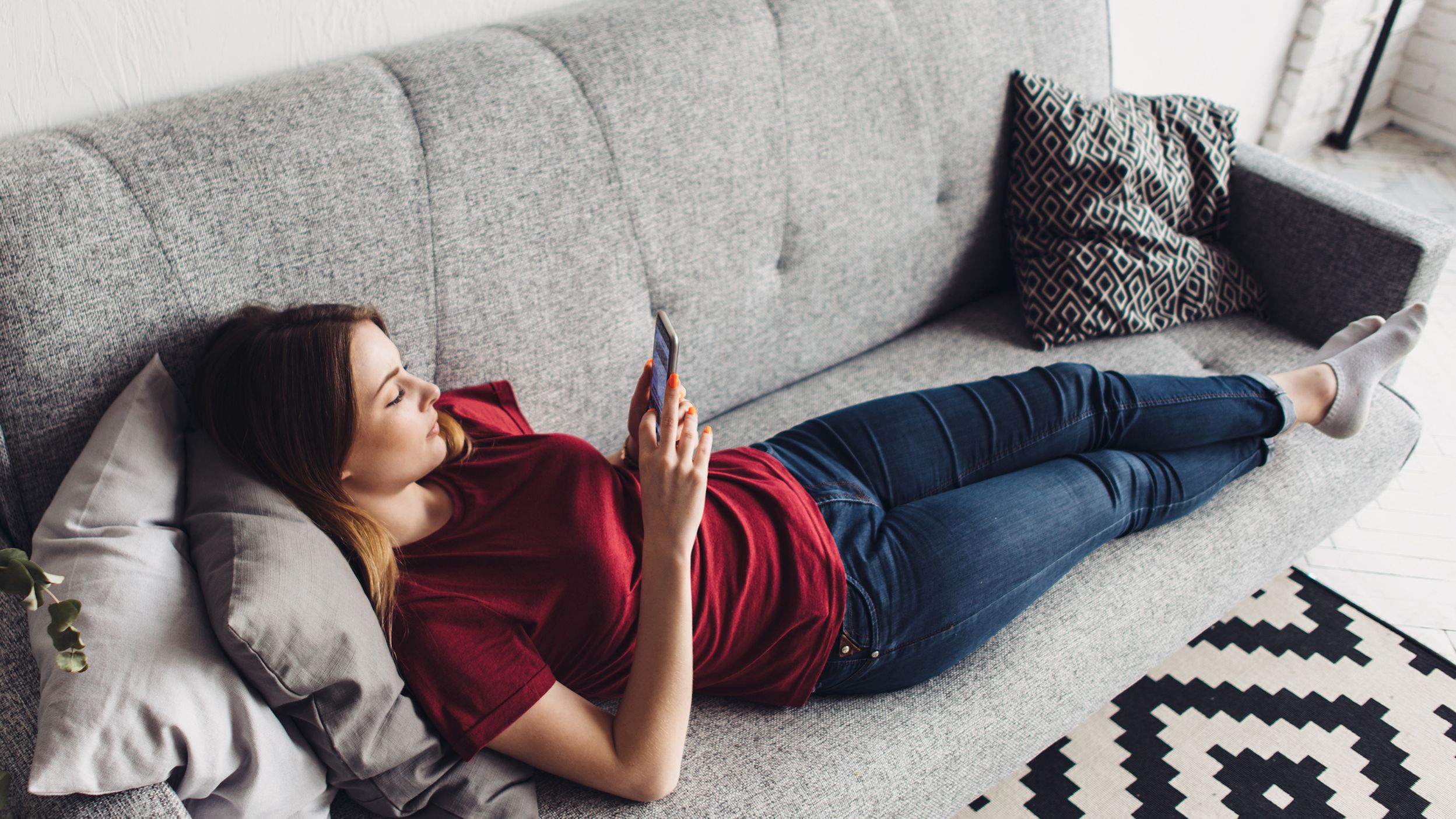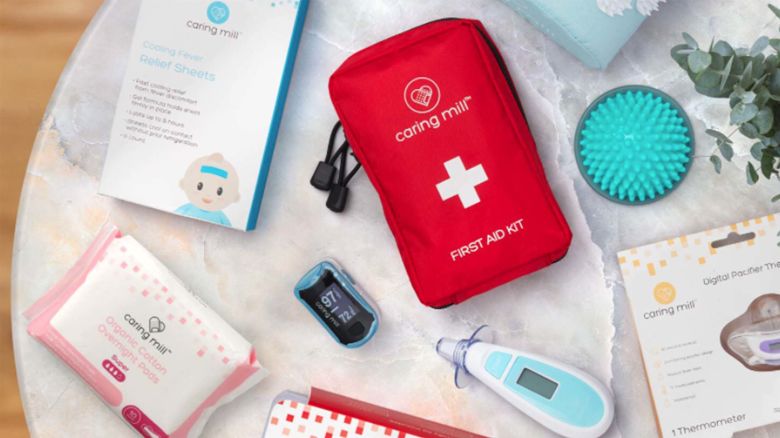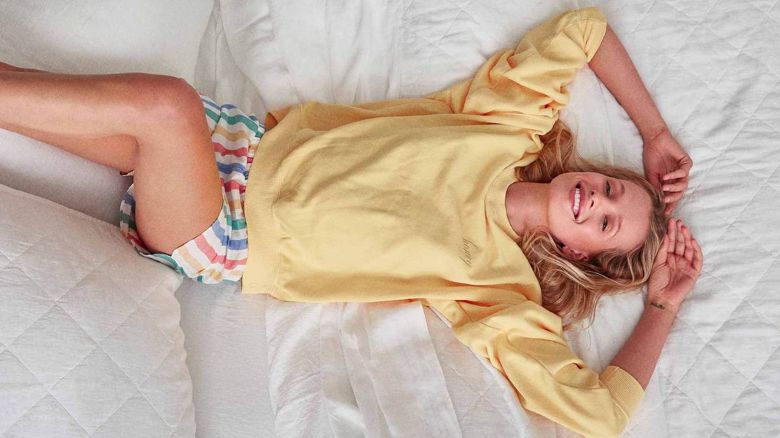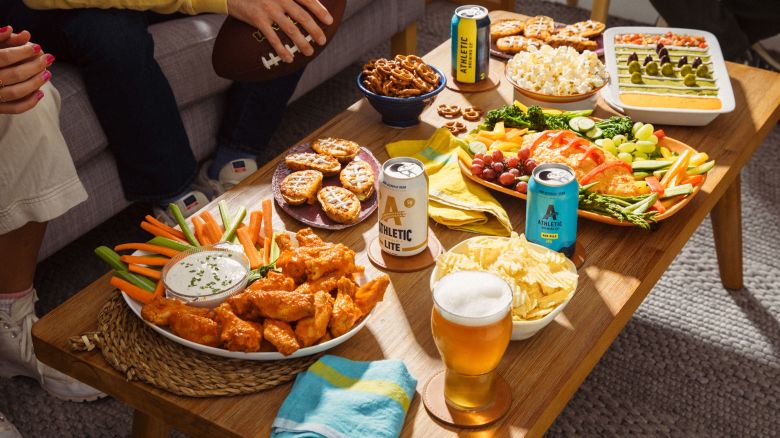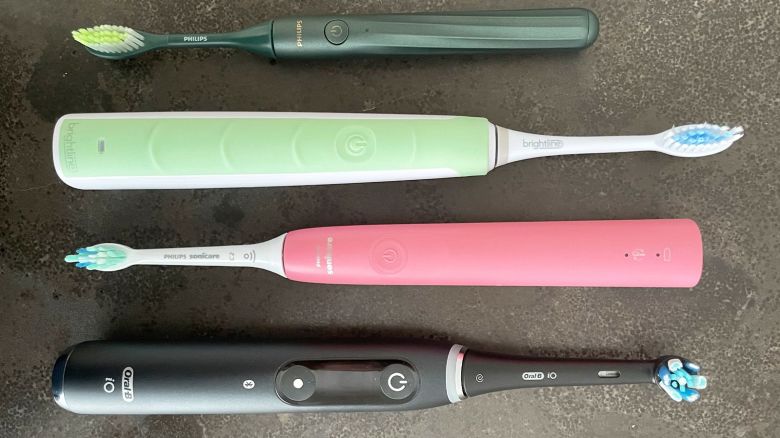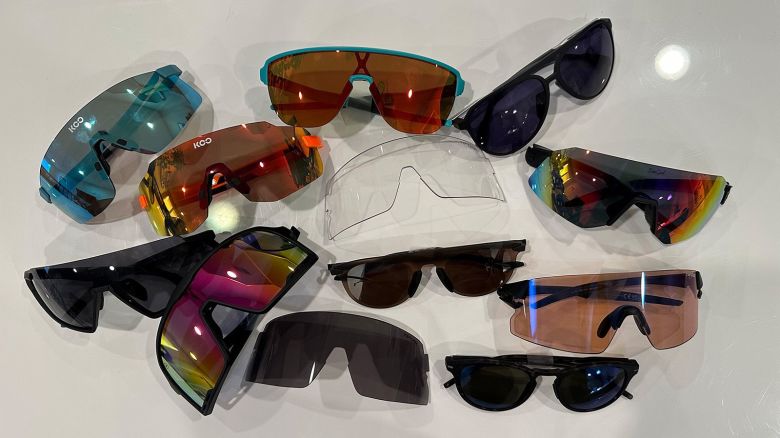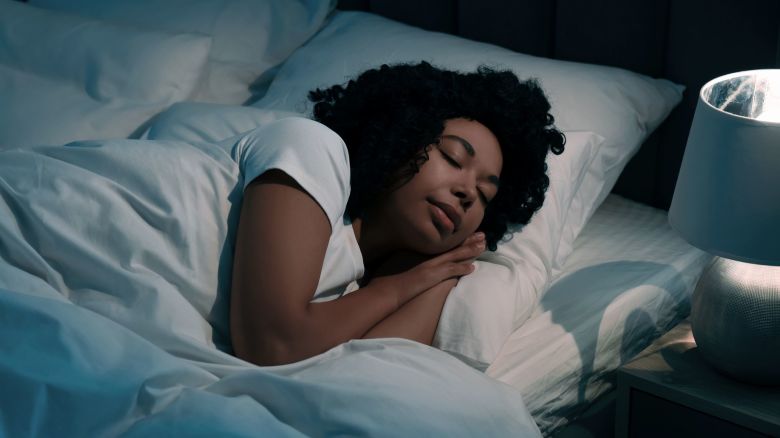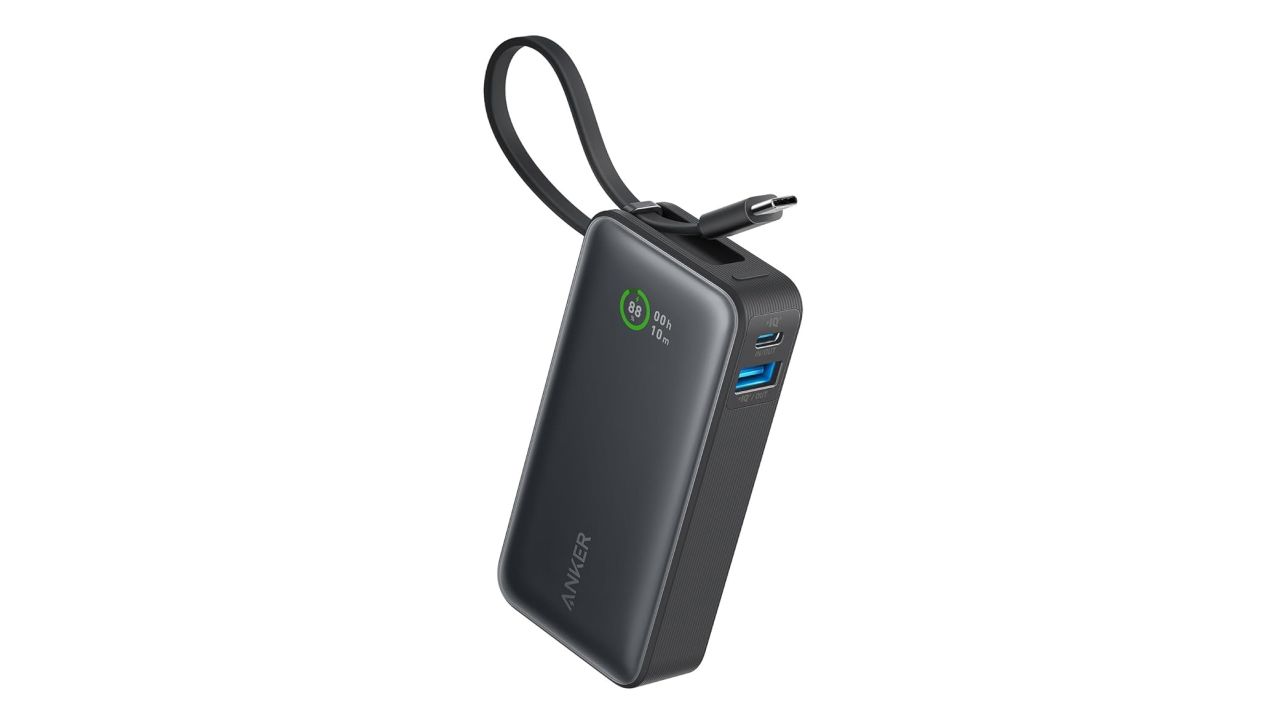It’s likely that you haven’t been able to get your mind off of sanitizing everything you come into contact with — as well as washing your hands for at least 20 seconds — as a means to prevent the spread of coronavirus. And now with more and more companies asking employees to work from home, home quarantine may become an increasingly popular practice.
First things first: Quarantine and isolation are different, according to the Centers for Disease Control and Prevention. Quarantine is for people who have been exposed to a disease and may fall sick, even if they seem healthy at the moment. Isolation is for people who are ill and have been diagnosed with coronavirus and are now a danger to family and visitors.
And there’s a bigger group of people — let’s call them self-quarantined — who have no reason to think they’ve been exposed, but are staying home to reduce the risk of getting sick or spreading the virus to others.
For all intents and purposes, the following guide is for healthy people who want to stay home as a way to prevent catching — and spreading — this virus. And in the United States, especially since there are still limited tests available, people are looking toward self-quarantine as a way to help prevent both.
Of course, if you are experiencing any symptoms associated with coronavirus, the CDC is instructing you to contact a health care professional immediately.
So, what exactly do you need if you’d like to limit — or completely eliminate — your time outside? First, unless you’re already sick, you probably shouldn’t wear a mask. The CDC and other health professionals have explicitly said masks are not effective or necessary for members of the general public who do not show any symptoms of the virus.
Masks are only to be used by people in a region experiencing an outbreak, health care workers treating patients, and people who are experiencing flu-like symptoms. That being said, if you are sick and are experiencing flu-like symptoms, talk to your health care provider for guidance and best practices for your unique case. A mask could potentially help avoid the spread of the virus from you to others.
Food
In a pandemic, the Department of Homeland Security recommends stocking up on a two-week supply of food. That, unfortunately, has already led to a lack of basic supplies at some major retailers.
Depending on your location, delivery services like Amazon Fresh and Instacart may be able to deliver groceries right to your door, including long-lasting nonperishables like canned vegetables, rice, beans, nuts and more. Frozen foods could also be beneficial if you’re looking to cook for a family.
One thing to keep in mind: If you’re concerned about keeping both you and your delivery person safe, you can leave a note asking them to simply leave the items at your door or even outside of your building to limit human contact, and therefore the risk of spreading the virus.
Other home essentials
Think about the sorts of items you use a lot of in a two-week period. Paper goods are probably at the top of this list, including things like toilet paper, tissues (which are in short supply but have become available for Prime subscribers through Amazon Fresh), paper towels and feminine hygiene products. And if you’re a family with young children, you’ll want diapers as well.
Also, if you’re someone who doesn’t have regular access to clean water, tools like straw filters and Brita filters can help save you from having to go out and buy a ton of water bottles at once.
LifeStraw Personal Water Filter ($17.47, originally $19.95; amazon.com)
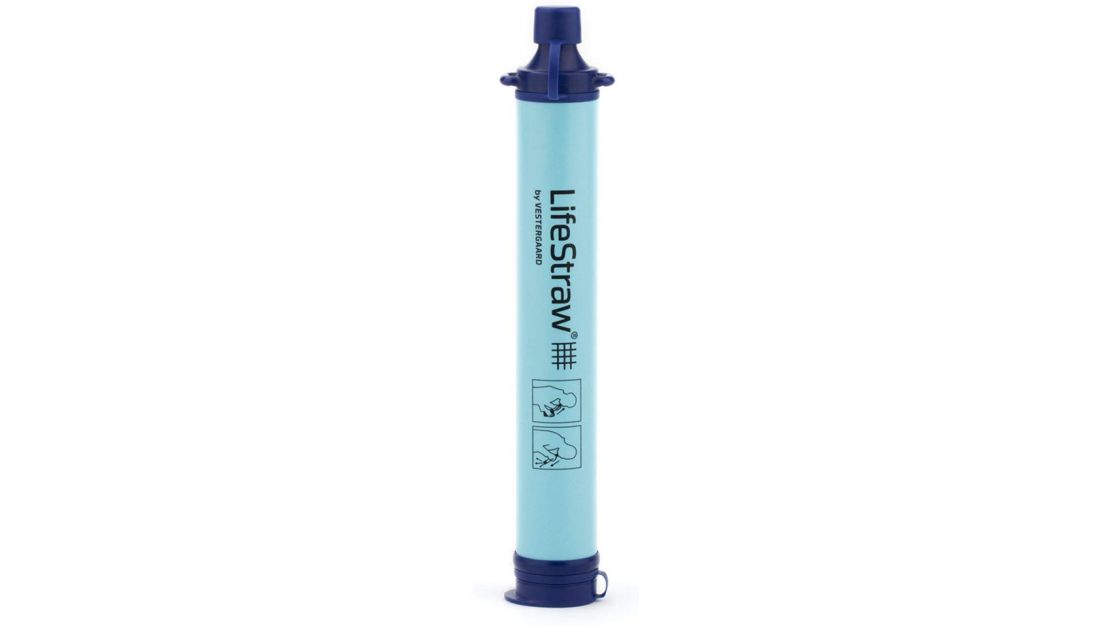
Brita Metro Pitcher With One Filter ($19.99; amazon.com)
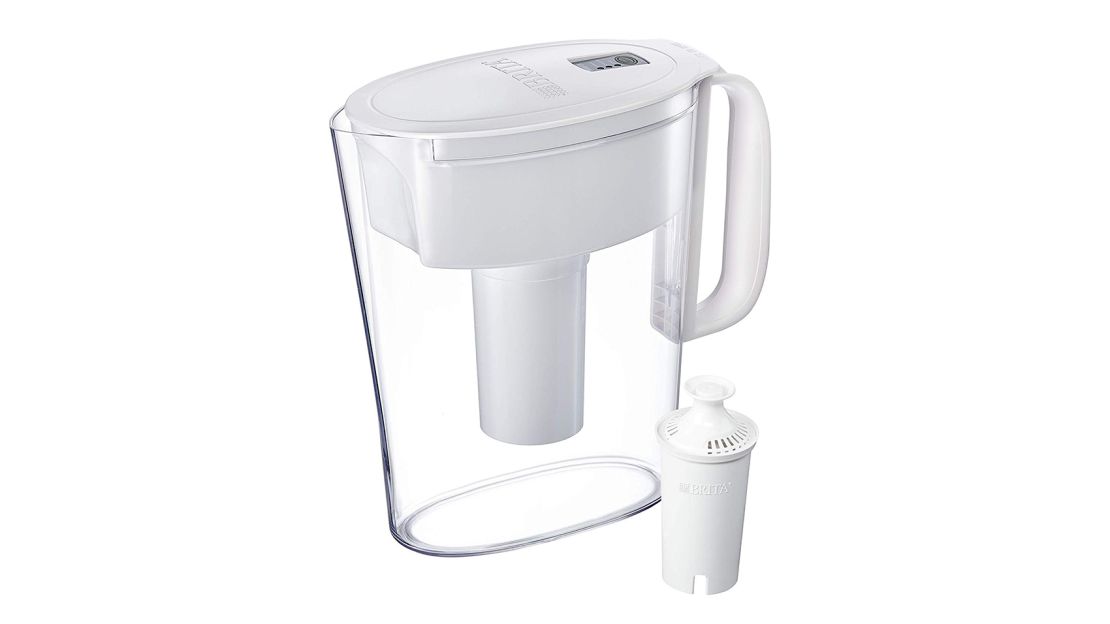
First aid kits
To be prepared for any kind of minor emergency that may arise, the American Red Cross recommends keeping an at-home first aid kit on hand to treat common injuries like sprains, cuts and more. These kits also come with common drugs like aspirin and ibuprofen which can help ease headaches and pains and reduce fever.
First Aid Kit - 160 Piece ($25.97; amazon.com)
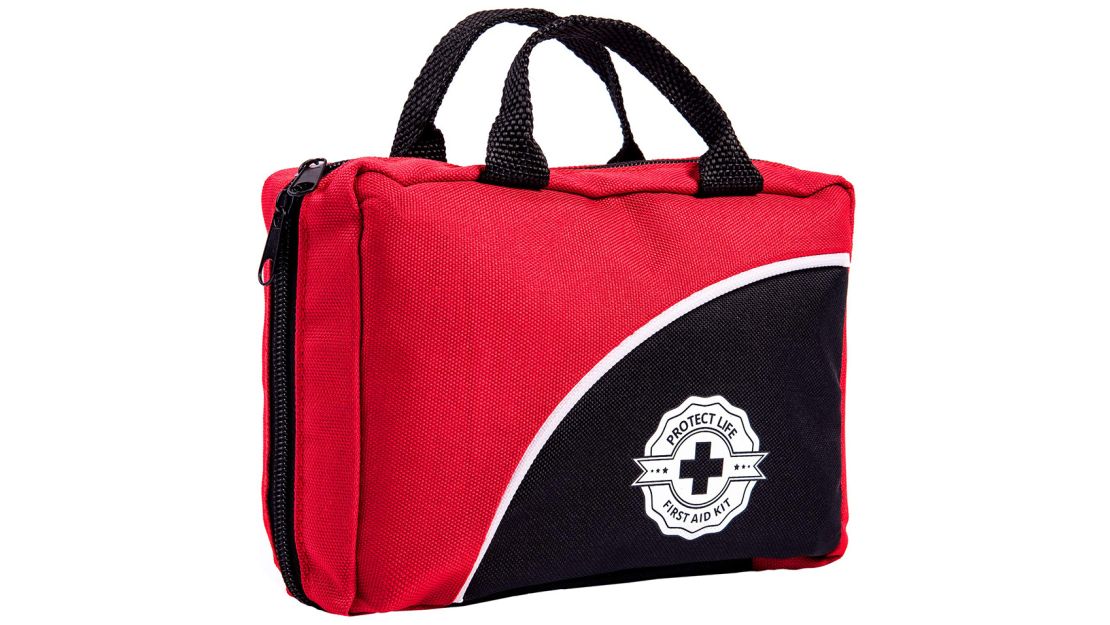
First Aid Only - 299 Pieces ($16.82, originally $23.75; amazon.com)
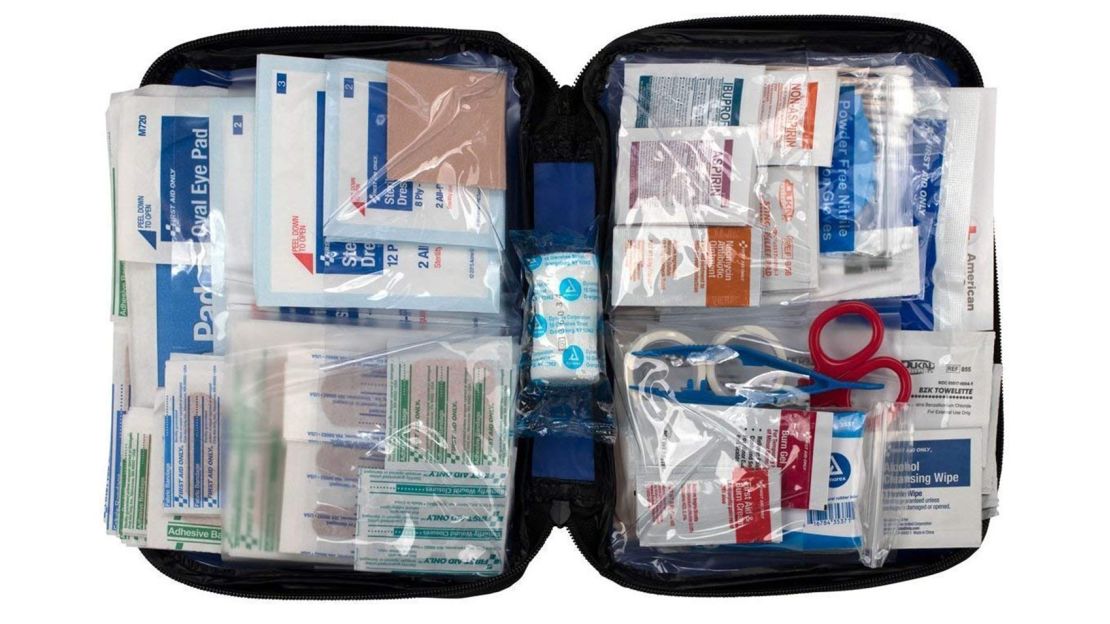
Preparing your pets
It’s important to note that if you have been diagnosed or think you have the disease, the CDC recommends limiting your contact with your pet. That means washing your hands before and after touching, petting and feeding Rover or Fluffy.
However, pets need their basics just like you do, and for that, Chewy, which may also deliver right to your door, is a good source for name-brand food at discounted prices. It’s also easy to buy these things in bulk if necessary, since supplies are still readily available as per usual, including the ones listed below.
Blue Buffalo Life Protection Formula Dry Dog Food ($49.98; chewy.com)
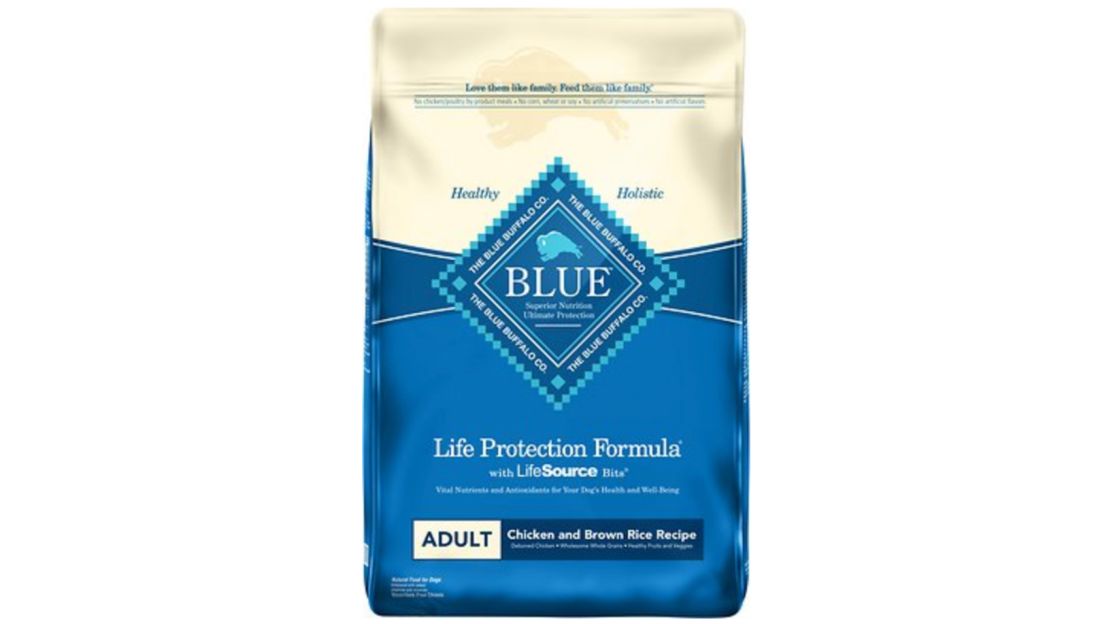
Purina Pro Plan Savor Adult Dry Dog Food ($45.78; chewy.com)
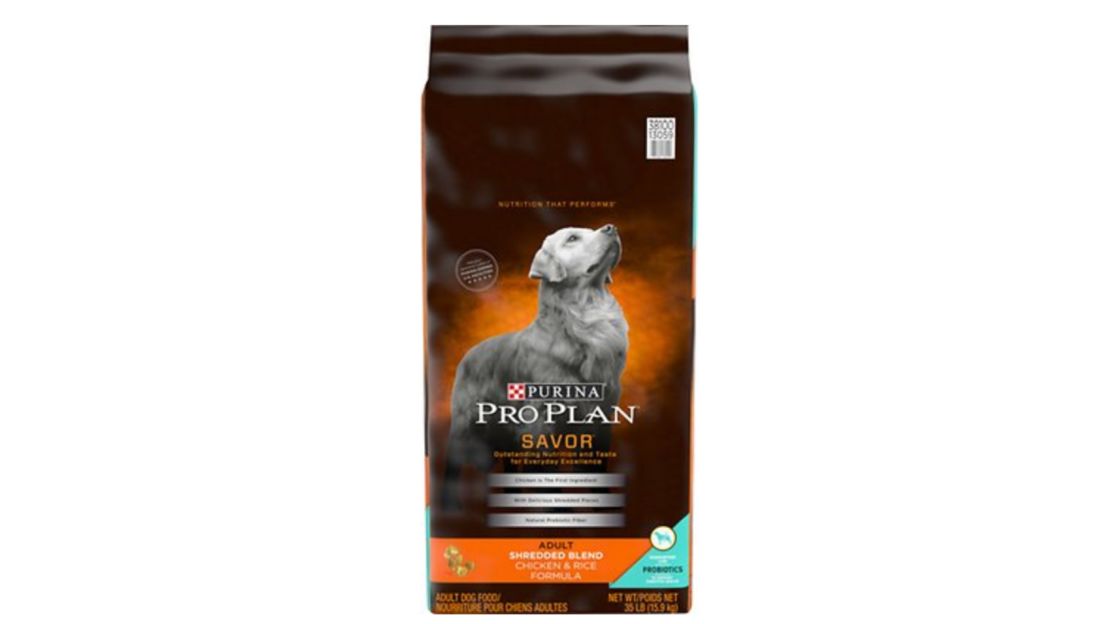
Fancy Feast Variety Pack, Case of 24 ($14.88; chewy.com)
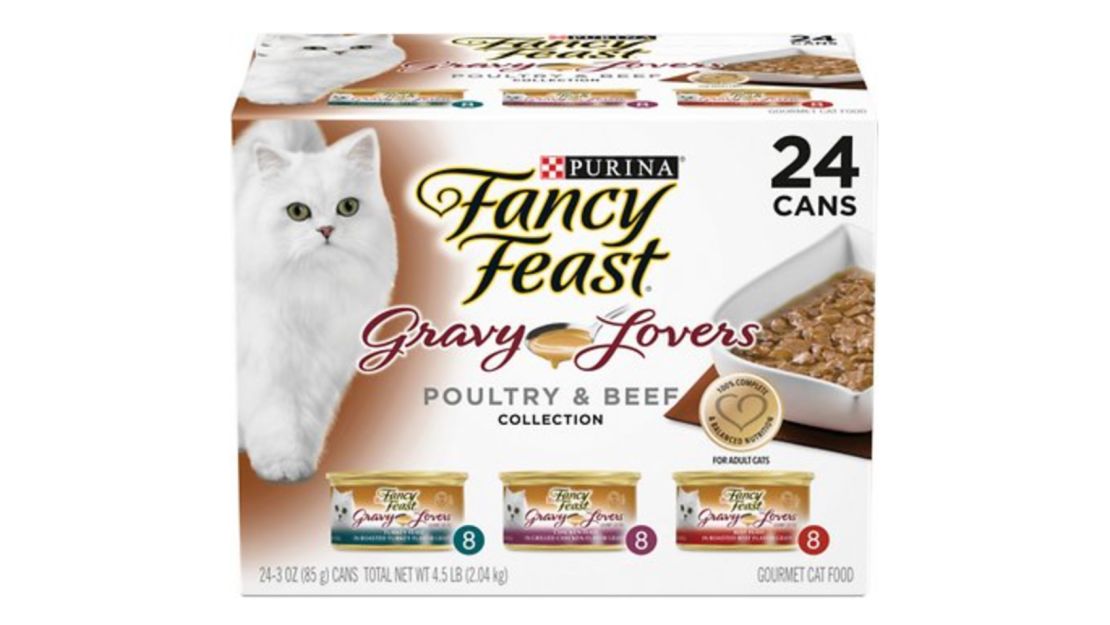
PetSafe Eatwell 5-Meal Automatic Pet Feeder ($44.95, originally $52.95; chewy.com)
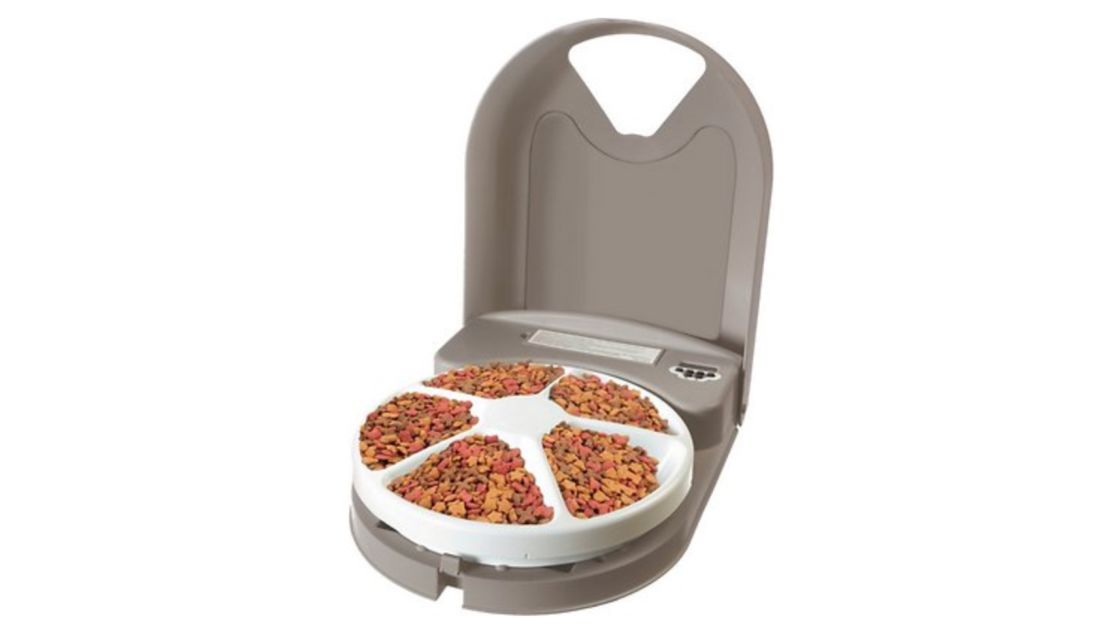
Tidy Cats Instant Action Immediate Odor Control Cat Litter (starting at $9.23; chewy.com)
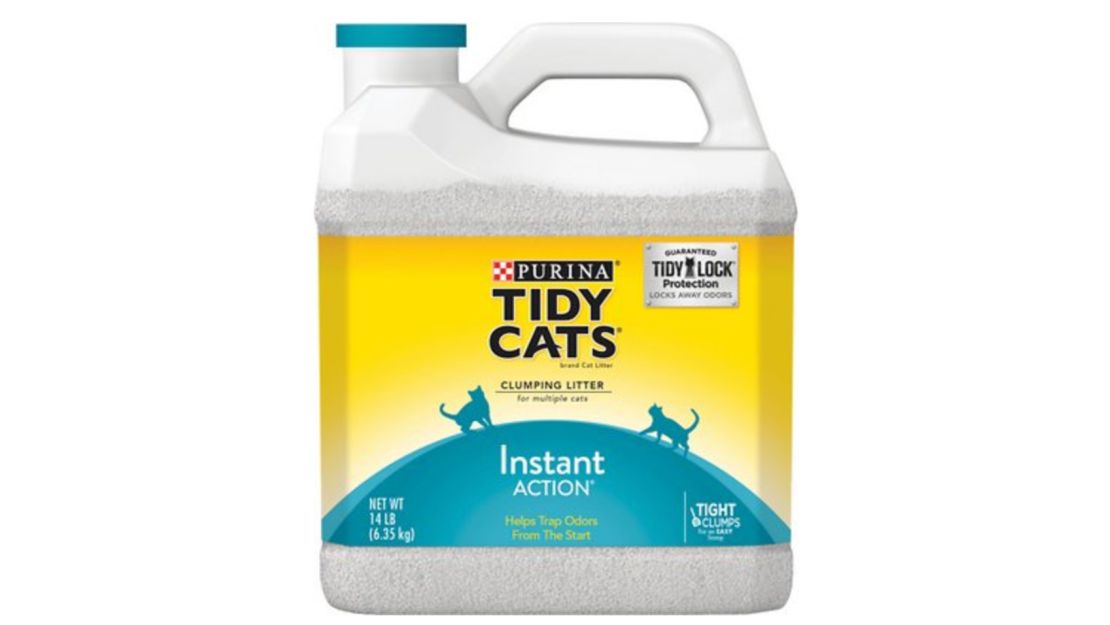
ScoopFree Ultra Automatic Cat Litter Box ($169.95, originally $199.99; chewy.com)
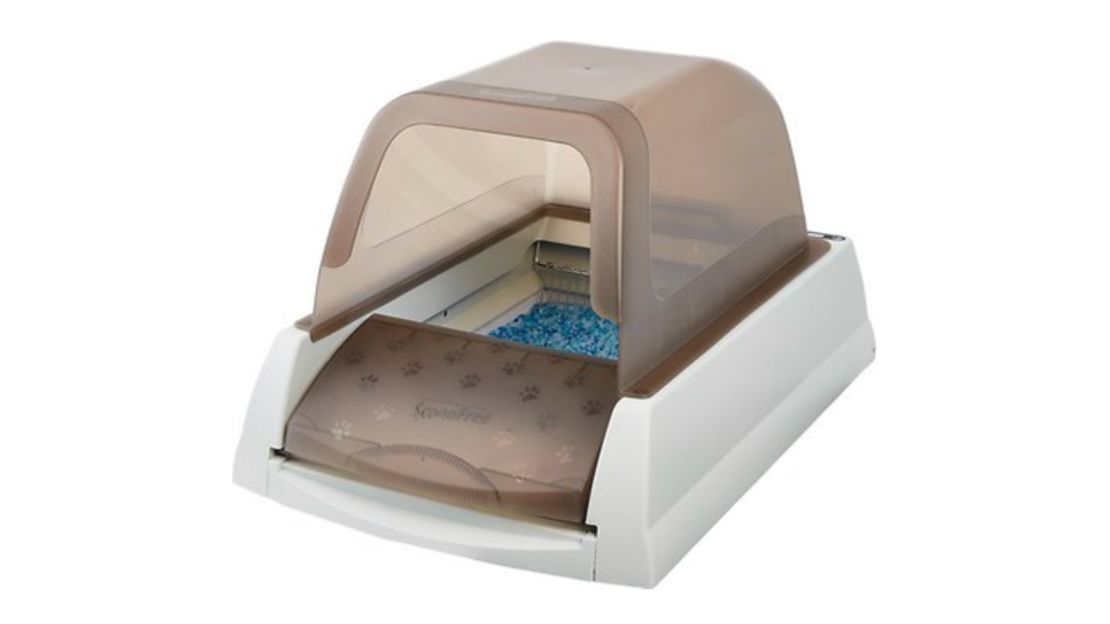
Frisco Refill Planet Friendly Dog Poop Bags, 120 Count ($8.04; chewy.com)
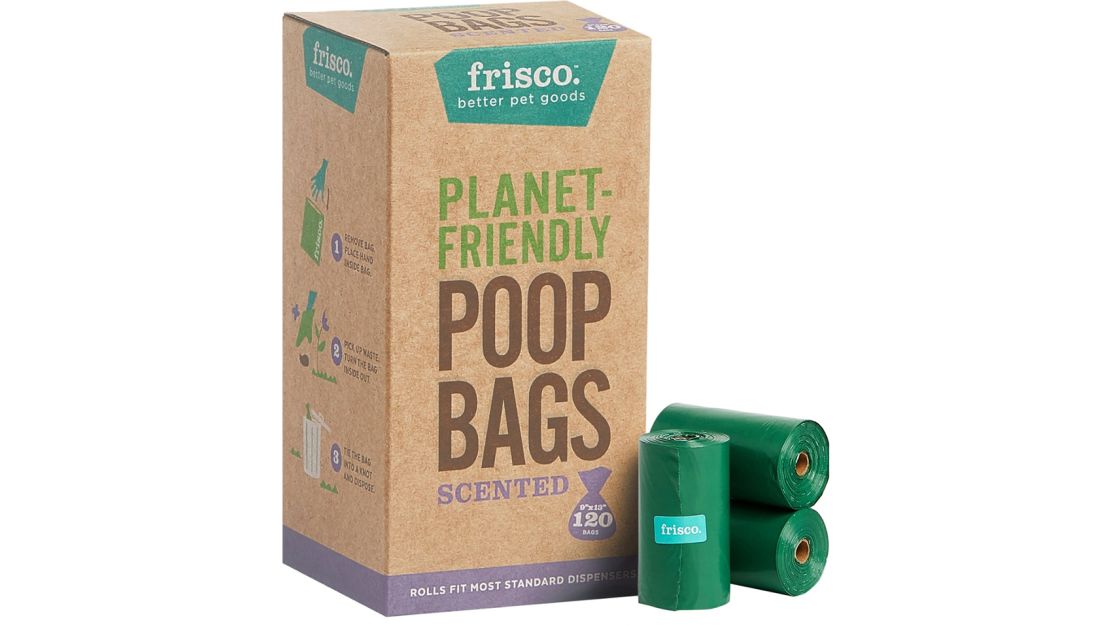
Note: The prices above reflect the retailer’s listed price at the time of publication.
